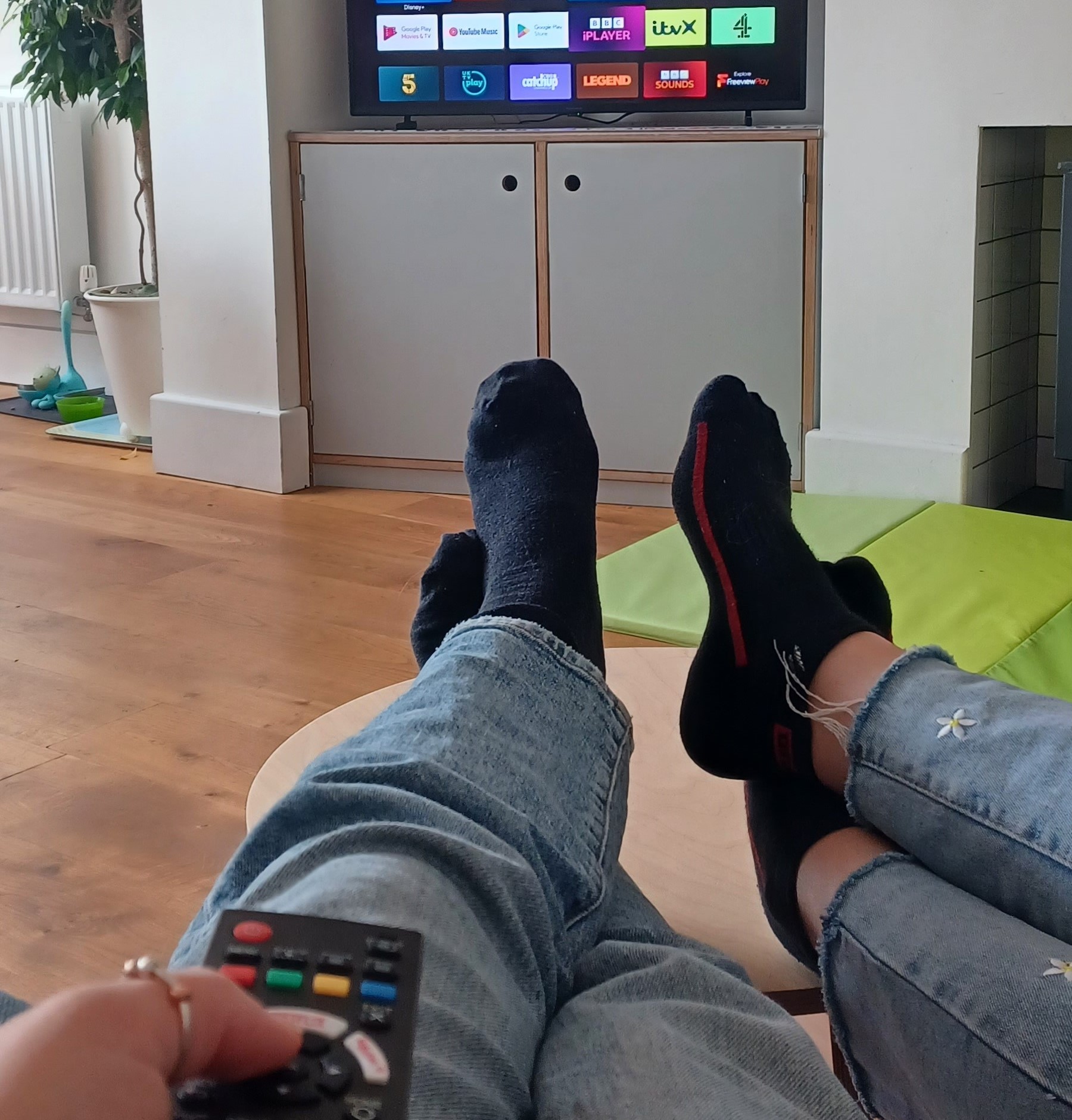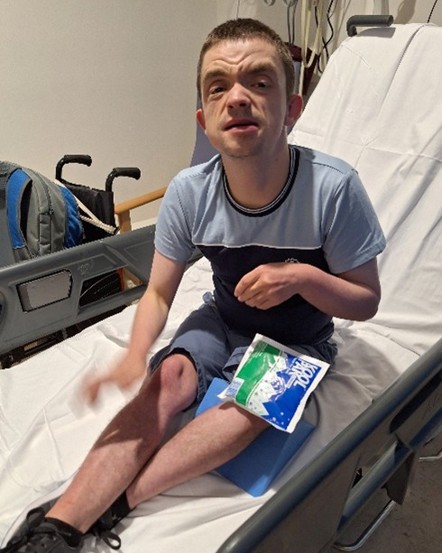Relationships

Sharon F
I'm Sharon, I have a daughter with epilepsy and a severe learning disability. I blog about our livewire life.

The impact of being a parent to a disabled child has a huge impact on relationships, particularly with a partner.
I remember feeling scared on a few occasions after I realised I was a parent to a disabled child (we did not have a sudden diagnosis, it was a gradual process) when I’d read some statistics about break ups being more likely. I did not want that to happen to me and my husband and I wondered how I could stop this. I felt apprehensive about the future.
In many ways we have been lucky.
While there is an obvious day to day strain on our relationship and we certainly have more ‘spats’, on a deeper level we are closer than we have ever been. We have two types of strain on our relationship – one is the day to day; our daughter turning the house upside down, only one of us being able to leave the room at a time, taking turns to go to the loo and having to announce it first so the other person will not leave her side, smashed plates, poured liquids and whining.
The other is the more scary, medical side; seizures most nights, random daytime seizures, the heart-lurching calls from school, multiple hospital admissions (some terrifying). While both types of strain put severe pressure on our relationship, we have also found that it has made our foundation stronger. We are a tighter knit team, both determined that our daughter has the very best care and support.
I know this is not the case for all relationships and I realise that we are lucky that we have largely approached this as a team and, for the most part, agree on decisions for our child. We accept that we will argue and, as a counsellor once said to us when we did joint counselling, get ‘itchy scratchy’ with one another.
This happens most days but passes quickly thankfully.
I now know that it’s not a sign of our relationship being in trouble; far from it, it’s communication, albeit a little fiery at times.
Making time for each other has to be the most clichéd, yet, as clichés often are, sensible piece of advice we were and still are given. Most of the time this is watching a box set together. Occasionally we orchestrate a mini break if we can line up the care. Spending time on our own is also vital. Both can be challenging when there is a disabled child at the centre of things.
These days we go for the ‘mini wins’; a lunch together and a bit of TV if we are both working from home and the kids are at school, allowing our older child a bit more screen time when our disabled child is at respite, meaning we can chill together (watch more box sets).
The other key thing is finding a fair split of the increased mental load. I have written about this in another blog here.
I have had to accept that my relationship is different from most people I know. It is different but it’s certainly not less than. Exchanging that knowing look when someone not in our world says something like ‘will she grow out of it?’ or ‘I don’t know how you do it’; or when we encounter a professional we both find irritating, bonds us further and reminds me that we are a team.


